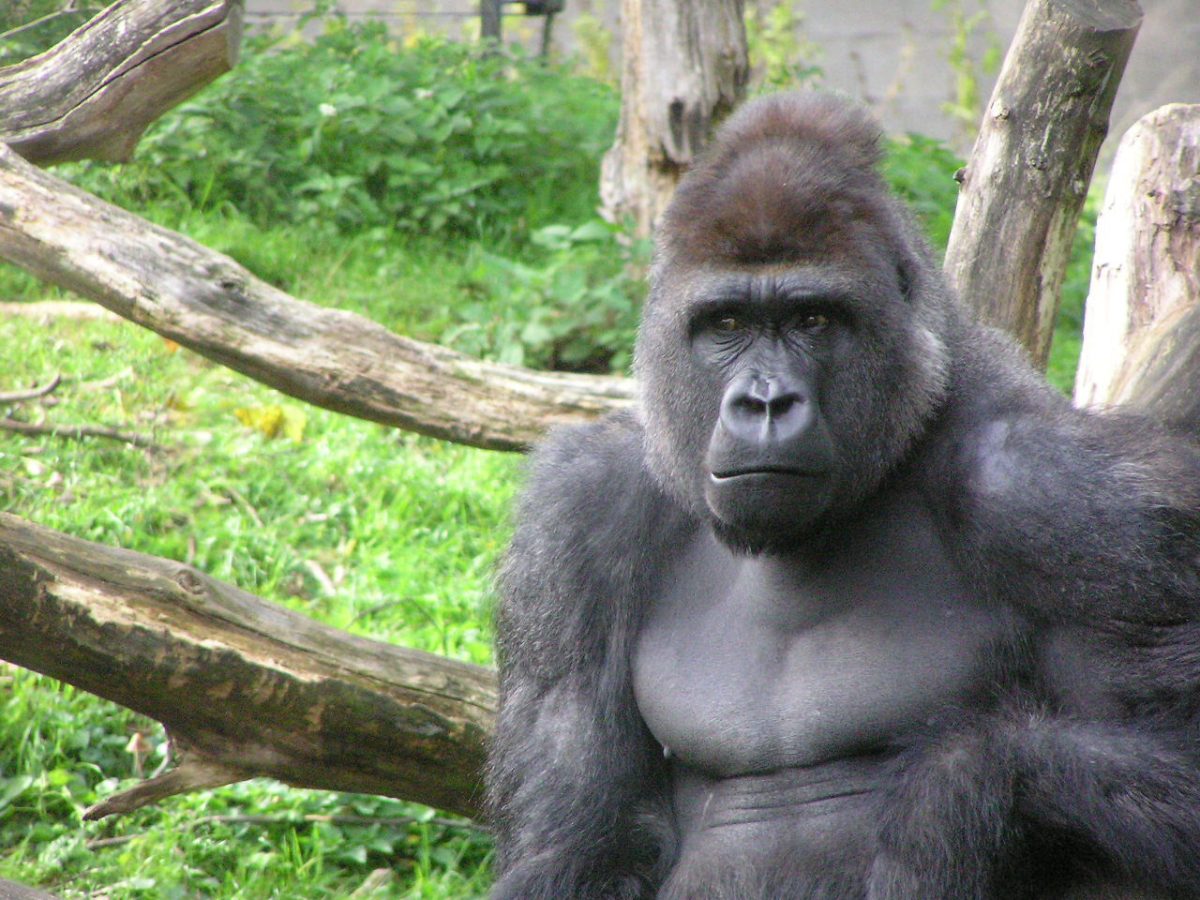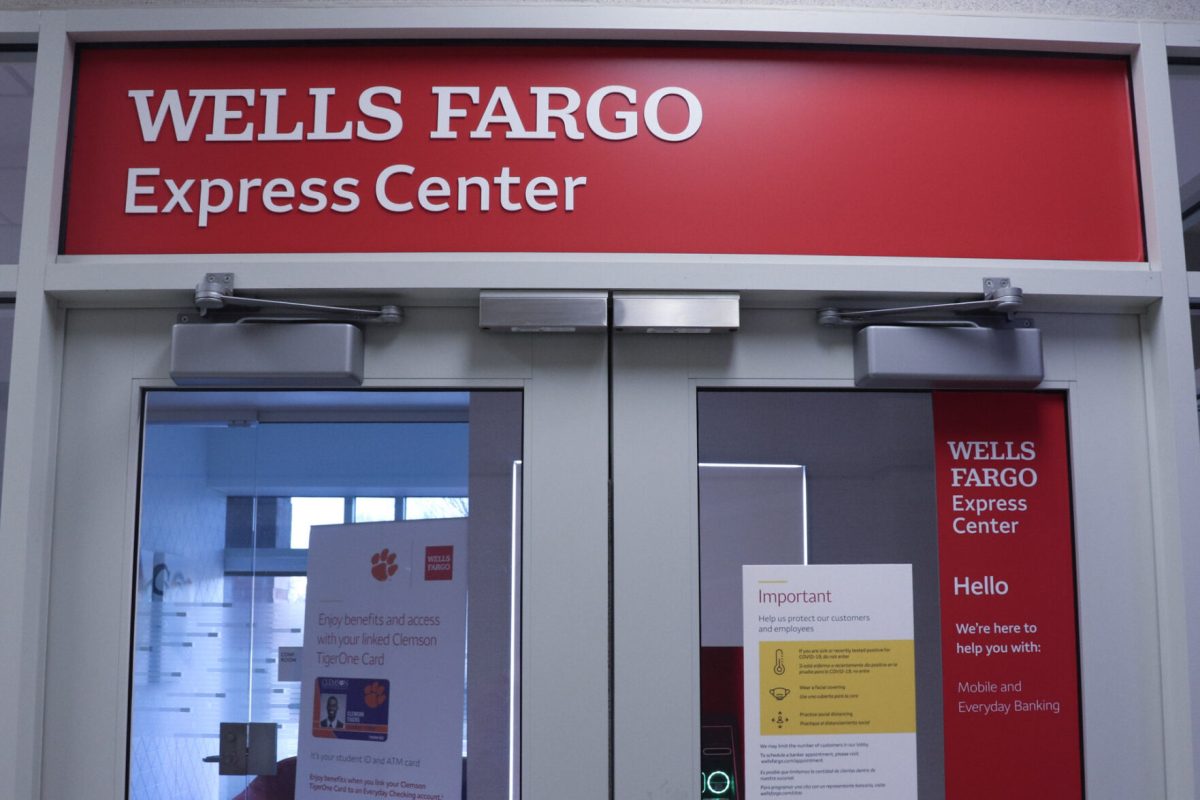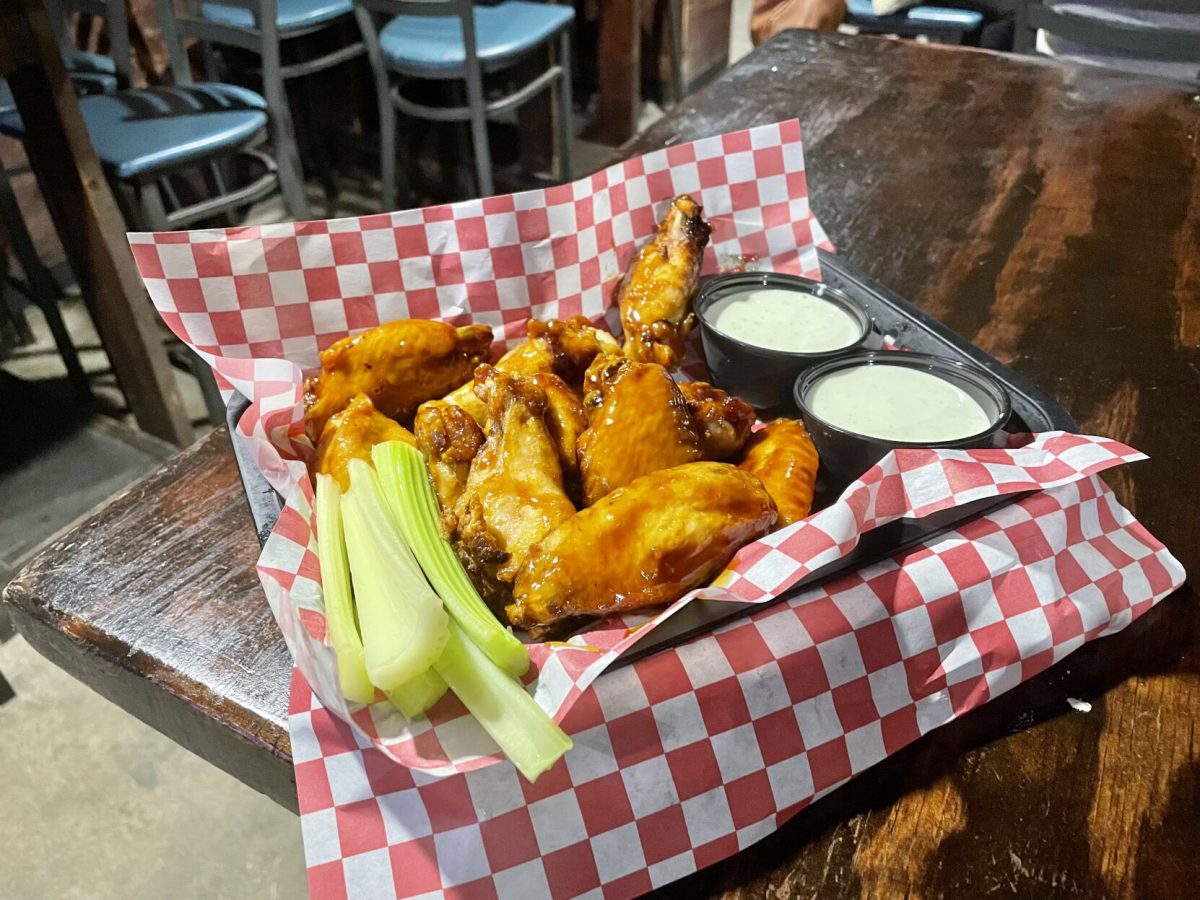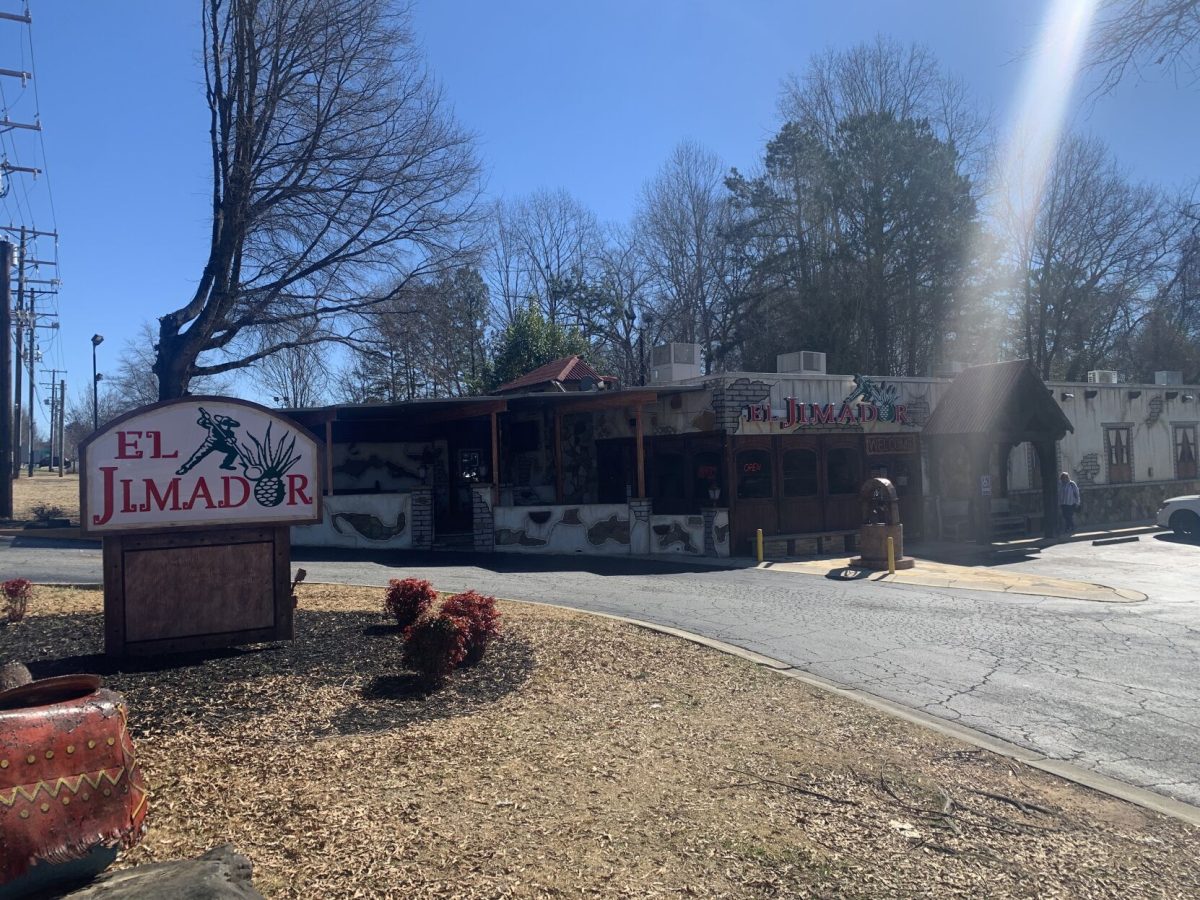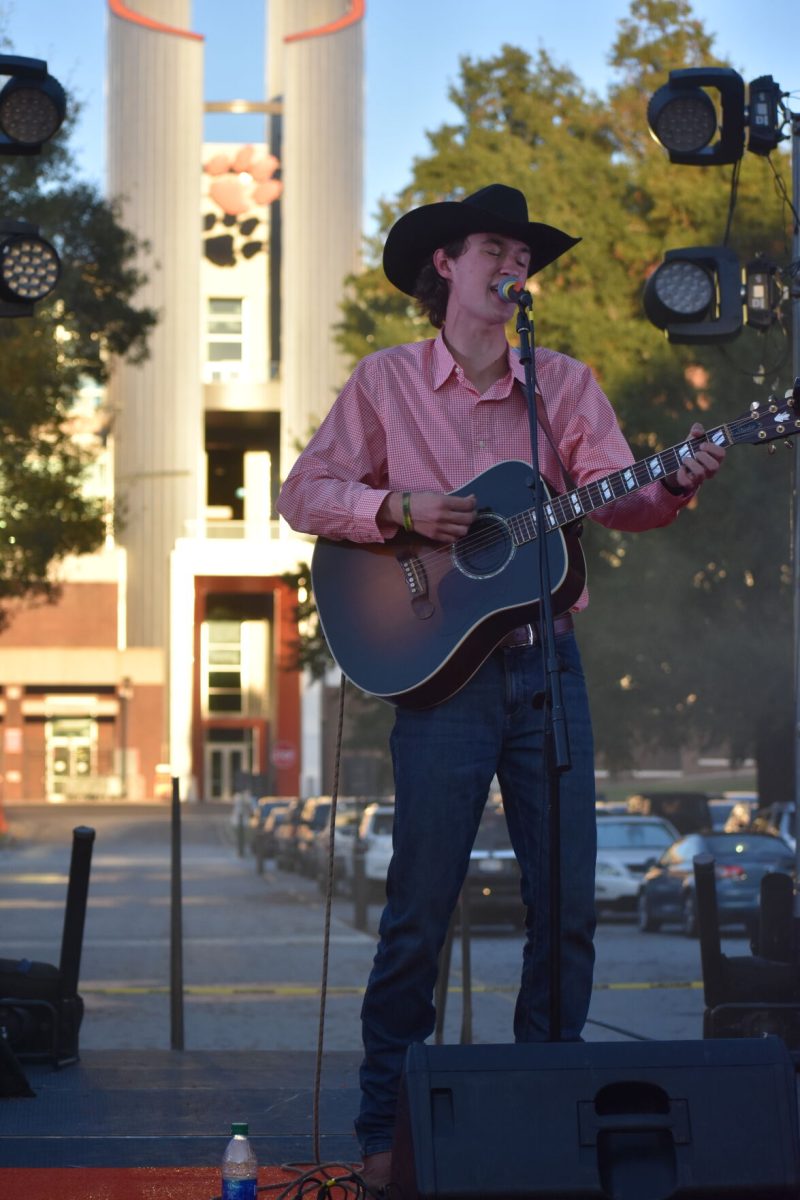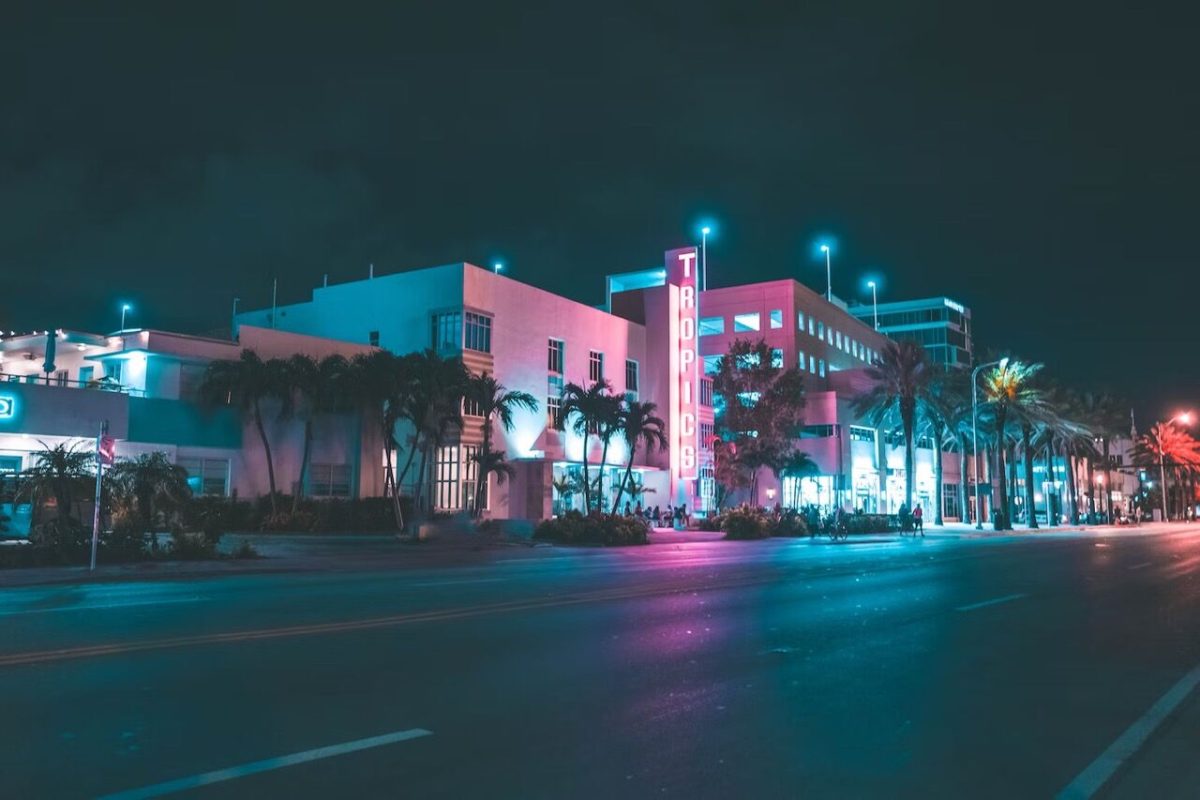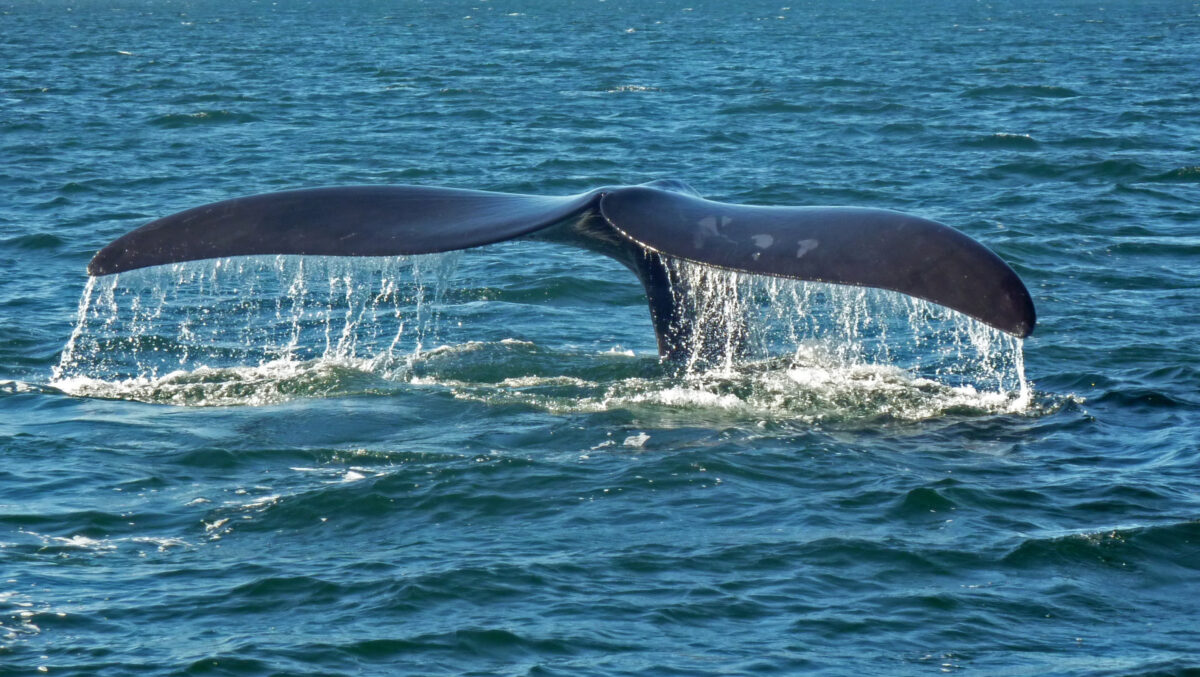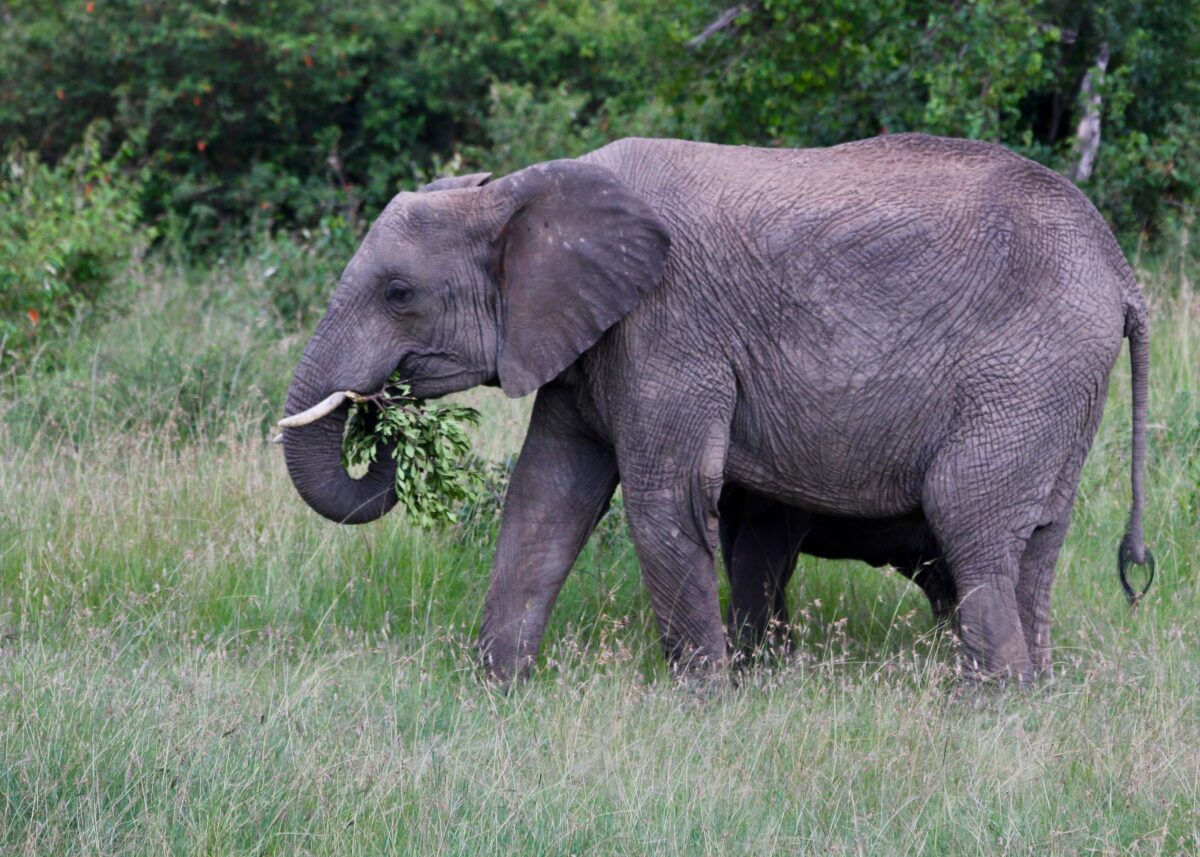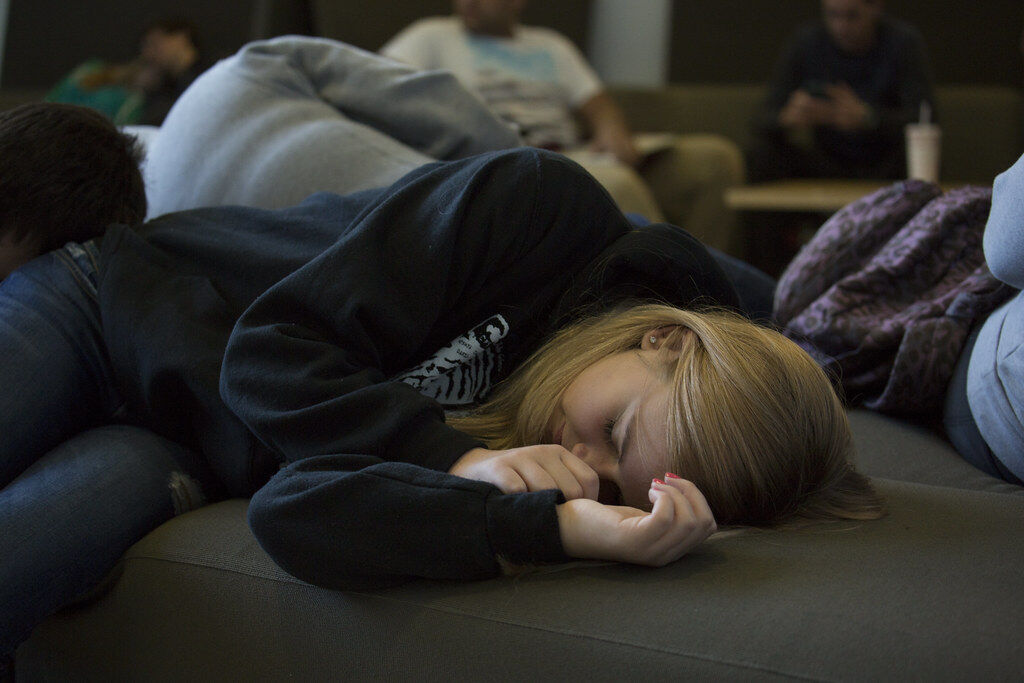By now, we are all familiar with the symptoms of COVID-19. Therefore, when two gorillas at the San Diego Zoo Safari Park started to cough, veterinarians and primatologists immediately became concerned. An article published in Science highlights how the gorillas’ animal care team diagnosed the gorillas as having COVID-19, how the animals are faring now and what this could mean for wild gorilla populations.
Veterinarians at the San Diego Zoo were able to diagnose the gorillas after testing their feces for coronavirus RNA, the same genetic material detected in our nasal swab or saliva tests. Primatologists were not surprised by this finding since the receptor that SARS-CoV-2 uses to enter the host cell is identical in apes and humans. This means that the virus can infect both gorilla and human cells without undergoing mutation or change. This revelation is not surprising since respiratory illnesses are responsible for about 20% of sudden deaths in mountain gorillas in Africa and are the leading cause of death for many chimpanzee communities.
The animal care team is currently closely monitoring the infected gorilla herd, with all group members now showing minor symptoms. The gorillas are quarantining together and getting plenty of fluids, food and essential vitamins as they wait for the virus to pass. There is currently no vaccine for pets or other animals. Still, veterinarians caring for the troop are working closely with doctors who treat human coronavirus patients just in case the gorillas’ symptoms worsen.
Many primatologists are worried about wild gorilla populations and have taken measures to protect the apes. Many have pressured governments to shut down tourism at ape refugees, have worked with local governments to cordon off forests where the apes live and have reduced contact between apes and humans. Tony Goldberg of the University of Wisconsin, Madison, said “If wild gorillas or other wild apes were to contract COVID, we would expect the consequences to be much worse. … The most important thing we can do for wild primate populations is to keep the virus out.” Apes in the wild do not have access to the same medical care as apes in captivity, so a breakout of COVID-19 in these populations would have devastating consequences.



